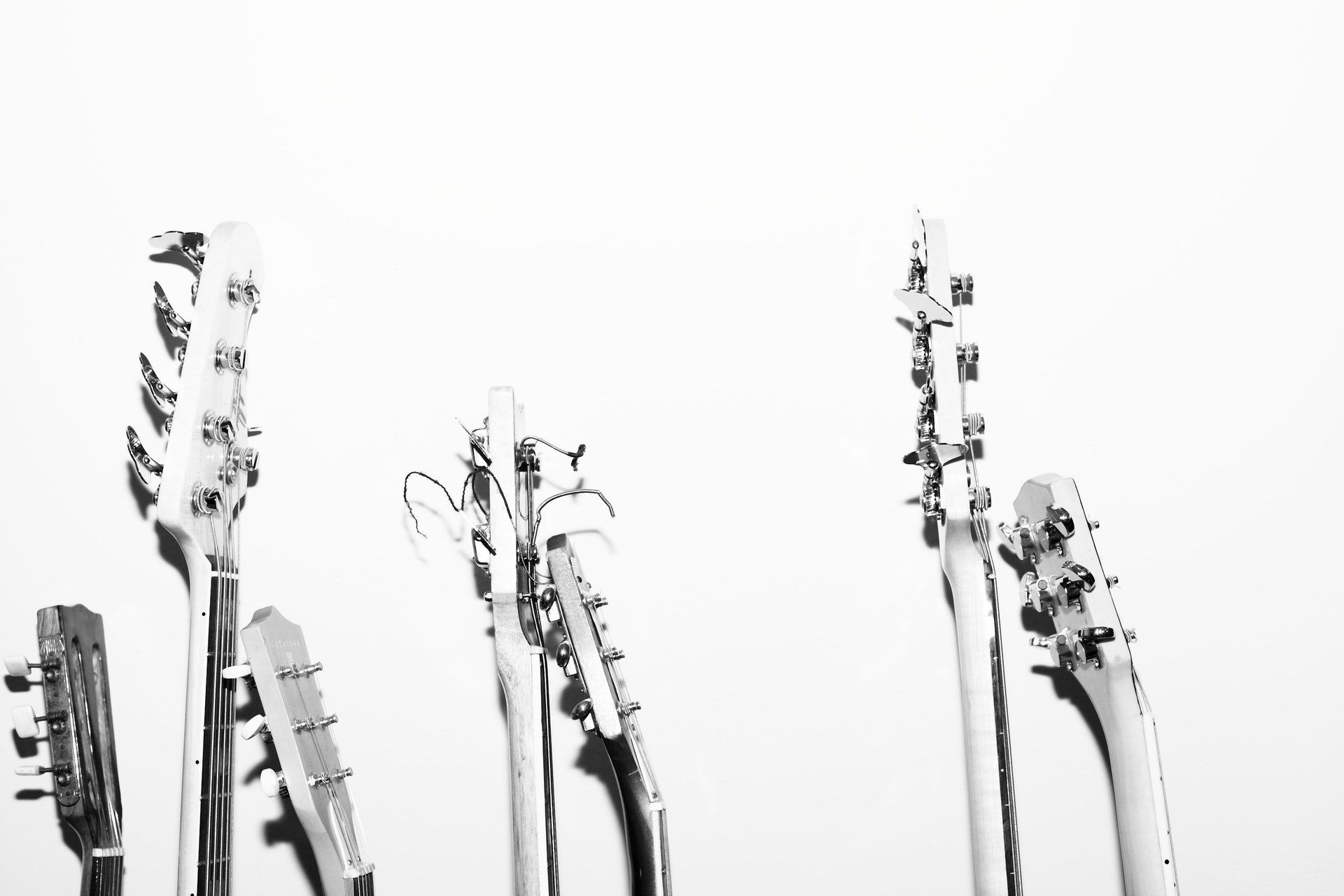Copyright law protects “original works of authorship fixed in any tangible medium of expression,” including literary works; musical works and any accompanying words; dramatic works and any accompanying music; pantomimes and choreographic works; pictorial, graphic, and sculptural works; motion pictures and other audiovisual works; sound records; and architectural works. However, copyright protection does not extend to a mere idea or concept, regardless of the manner in which it is embodied in the work. Our Dallas copyright attorneys can assist you in filing and protecting your copyrights. For more information on copyrights, see our Copyright Practice
web page.
What Are The Exclusive Rights Of A Copyright Owner?
Depending on the medium of the copyrighted work, a copyright owner enjoys the exclusive rights to do and to authorize the following with the copyrighted work:
(i) reproduce the copyrighted work;
(ii) prepare derivative works based thereon;
(iii) distribute copies of the copyrighted work;
(iv) perform publicly (via digital audio transmission or otherwise); and (v) display publicly.
17 U.S.C. § 106(1)-(6).
Anyone who violates any of these exclusive rights may be liable for infringement, provided the owner can prove (i) ownership of a valid copyright, and (ii) copying of protected elements of the copyrighted work. Copying is often proved by showing that the accused infringer’s work is strikingly similar to the protected elements of the copyrighted work. See Ferguson v. Nat'l Broad. Co., Inc., 584 F.2d 111, 113 (5th Cir. 1978); see also Creations Unlimited, Inc. v. McCain, 112 F.3d 814, 816 (5th Cir. 1997) (“To determine whether an instance of copying is legally actionable, a side-by-side comparison must be made between the original and the copy to determine whether a layman would view the two works as ‘substantially similar.’”)
Fair Use Analysis For Copyright Infringement
There are, however, limitations on the exclusive rights enjoyed by a copyright owner, one of which is fair use. Although most commonly found in teaching, news reporting, commentary, criticism, and research, whether "fair use" excuses what would otherwise amount to copyright infringement is ultimately determined by analyzing the following factors:
- the purpose and character of the use, including whether such use is of a commercial nature or is for nonprofit educational purposes;
- the nature of the copyrighted work;
- the amount and substantiality of the portion used in relation to the copyrighted work as a whole; and
- the effect of the use upon the potential market for or value of the copyrighted work.
See 17 U.S.C. § 107 (“[T]he fair use of a copyrighted work . . . is not an infringement of copyright.”).
Proving Copyright Infringement
While copyright infringement can be rebutted by proof of independent development, copyright infringement is strict liability — there is no intent or scienter requirement (i.e., one need not have the intent or knowledge of copying). For instance, in some jurisdictions infringement is shown by ownership of copyright, access to work (generally) and substantial similarity. In another jurisdiction, infringement can be shown by ownership of a copyright and by proof of “actionable copying” or “factual copying” and proof that such sufficiently render the two works “substantially similar” or “virtually identical,” depending.
In order for an entity or person to prove copyright infringement, certain evidence must be found supporting the infringement:
- Direct evidence of copying; or
- Inference of copying, which is drawn when (i) defendant had access to copyrighted work, and (ii) accused work is substantially similar to copyrighted works (or “virtually identical” in some cases).
A substantial similarity test would ordinarily ask whether the average lay observer would recognize the defendant’s work as having been appropriated from the copyrighted work. See Warner Bros. Inc. v. ABC, Inc., 654 F.2d 204, 208 (2d Cir. 1981). A virtual identicality test applies to compilations or works consisting largely of uncopyrightable elements and would ask i) whether the two works are “virtually identical;” ii) whether there has been “bodily appropriation of expression;” or iii) “copying of substantially the entire item.” See Apple Computer, 1nc. v. Microsoft Corp., 821 F.Supp. 616, 623 (N.D. Cal. 1993), aff’d 35 F.3d 1435 (9th Cir. 1994). Virtual identicality is also required where similarities follow from the fact that both parties’ works are realistic depictions of natural objects. A full discussion of all potential tests is beyond the scope of this brief; however, this article is intended to give a basic understanding.
What Cannot Be Copyrighted?
While copyright law may protect your original works of authorship fixed in any tangible medium, there are certain subject matters which can never be copyrighted:
- an idea – expression “dichotomy” between idea and the expression of the idea;
- merger doctrine – means of expressing an idea is very limited;
- scenes a faire – a common standard expression within a genre;
- functional elements of a concept;
- certain facts which are scientific or universal; and














